Our Partners
The Institutions collaborating at the ImproComp Project
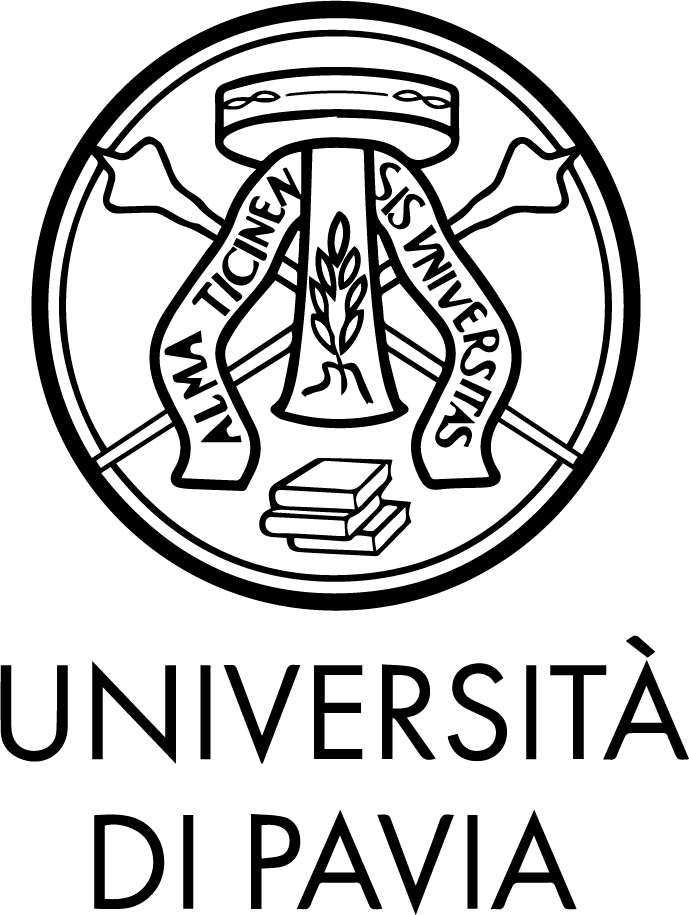
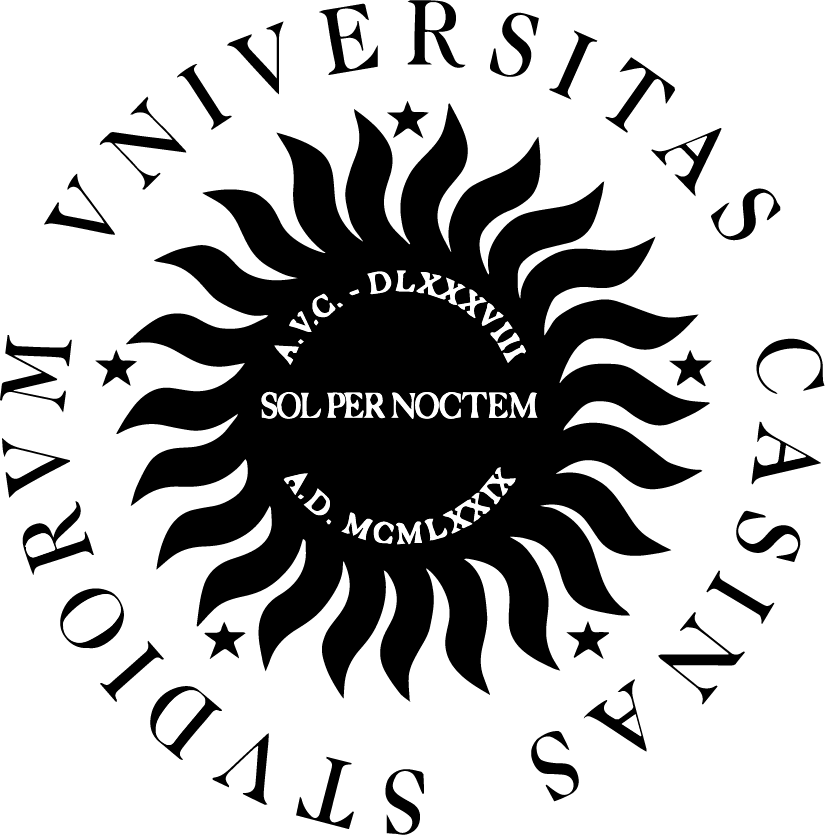


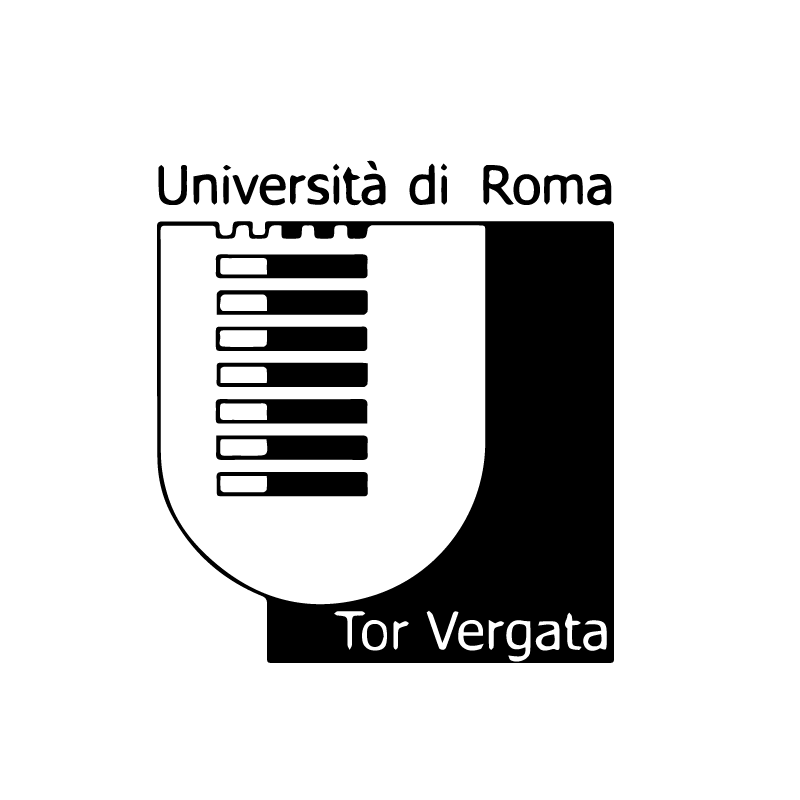
The workshop is articulated as a journey in several stages. A group of performers, musicologists and researchers active in the fields of electroacoustic music, contemporary music, and sound studies aim to investigate through a dynamic and dialogic methodology borderscape of electroacoustic improvisation today.
A first moment of discussion will be held in Cremona, at the Department of Musicology and Cultural Heritage on 16 September 2024.
A final workshop will be held in Cremona from 24-29 March 2025 articulated as four
days of musicological and improvisation sessions. The workshop will close with a collective improvisation concert.
Our team is formed by performers Alexanda Cardénas (Berlin), Walter Prati (Milan), Pierre Alexandre Tremblay (Huddersfield), musicologist Joseph Auner (Tufts University, Boston), Miriam Akkermann (Freie Universität, Berlin), Pierre Couprie (Paris-Saclay University), discussants Giacomo Albert, Simone Faraci, Giovanni Mori, Ludovico Peroni, Sandro Pizzichelli, Luisa Santacesaria, Francesca Scigliuzzo and ImproComp Project members Gianmario Borio, Michela Garda, Francesco Giomi, Massimiliano Guido and Ingrid Pustijanac.
10.00-13.00
Introduction
Ingrid Pustijanac
Lightning Talks
Giacomo Albert, Exploring the Intersection of Electroacoustic Improvisation and the Emergence of Video Art: Critical Reinterpretation and Points of Contact
Luisa Santacesaria, Improvisation Within a System: Group and Solo Examples
Sandro Pizzichelli, Electroacoustic Improvisation Between Control and Indeterminacy
Ludovico Peroni, Conducted Improvisation Practices and Electronic Devices: Contacts, Conflicts and Perspectives
Francesca Scigliuzzo, Digital Body vs. Analogue Body
Simone Faraci, Open Scores and Collective Creativity in Minus Collettivo’s Improvisational Practices
Giovanni Mori, Live Coding as Conducted Improvisation(s). A Comparative Case Study (online)
Performance and Reflections
Walter Prati and Francesco Giomi
Pierre Alexandre Tremblay
Alexandra Cárdenas (online)
*
14.30 – 18.00
Positionings
Joseph Auner (Tufts University, Boston), Charmaine Lee: Composing an Improvisational Noise Music Practice (online)
Pierre Couprie (Paris-Saclay University), Traces, Gestures and Hybridity in Electroacoustic Musical Improvisation
Miriam Akkermann (Freie Universität, Berlin), Freiräume Through and/or Despite Technology
Plenary Session

Alexandra Cárdenas
Alexandra Cárdenas, an artist from Bogota, Colombia, based in Berlin, Germany, seamlessly weaves composition, programming, and improvisation in her live coding practice, crafting experimental electronic music. Fueled by a fascination with the algorithmic behavior of music, her journey explores the boundless possibilities of musicality within code. As a core global Live Coding and Algorave community member, Alexandra co-founded various TOPLAP nodes worldwide, including Toplap Mexico and Toplap Berlin. Teaching and performing worldwide with the free, libre, and open-source live coding languages SuperCollider and TidalCycles, she draws from a diverse educational background in composition, mathematics, and classical guitar studies, culminating in a Master’s Degree in Sound Studies and Sonic Arts at the Universität der Künste in Berlin.
Walter Prati
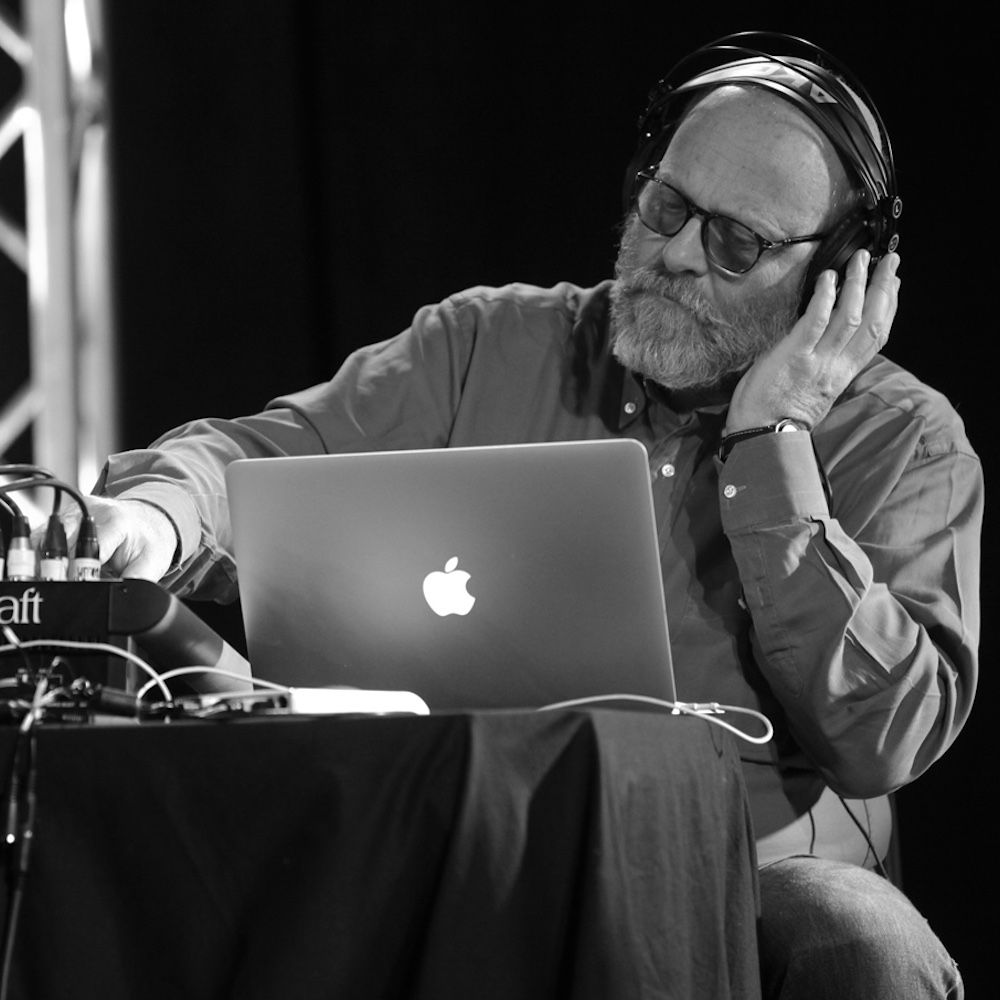
As a composer and performer, Walter Prati conducts musical research, oriented towards the interaction between traditional musical instruments and new electronic instruments, which is the result of the application of information technology to the musical world. This path led him – as early as 1987 at the Centre for Computational Sonology at the University of Padua – to use, with the support of Mauro Graziani, the ‘4i system’, one of the first processors for real-time sound synthesis and transformation designed by Giuseppe di Giugno. The meeting with Di Giugno continued at the IRIS research centre developing the MARS workstation during the 1990s. Since 1990, he has been producing research projects on music and performance in general with the MM&T Foundation in Milan.
From the late 1980s, he collaborated with Evan Parker with whom he developed an improvisation and electronics project; a project that would later lead to the formation of the Electroacoustic Ensemble.
He has recorded discs for BMG Ariola, Ricordi, Pentaflower, ECM, Materiali Sonori, Leo Records, Auditorium, Limen, Dodicilune, and DaVinci Records. Coming out soon is ‘All’Improvviso’ – the first Italian methodology book on improvisational practice published by AuditoriumEdizioni.
He is a lecturer in Electroacoustic Music Composition at the Conservatorio G. Verdi in Como and Music Improvisation Techniques at the Conservatorio A. Pedrollo in Vicenza
Pierre Alexandre Tremblay
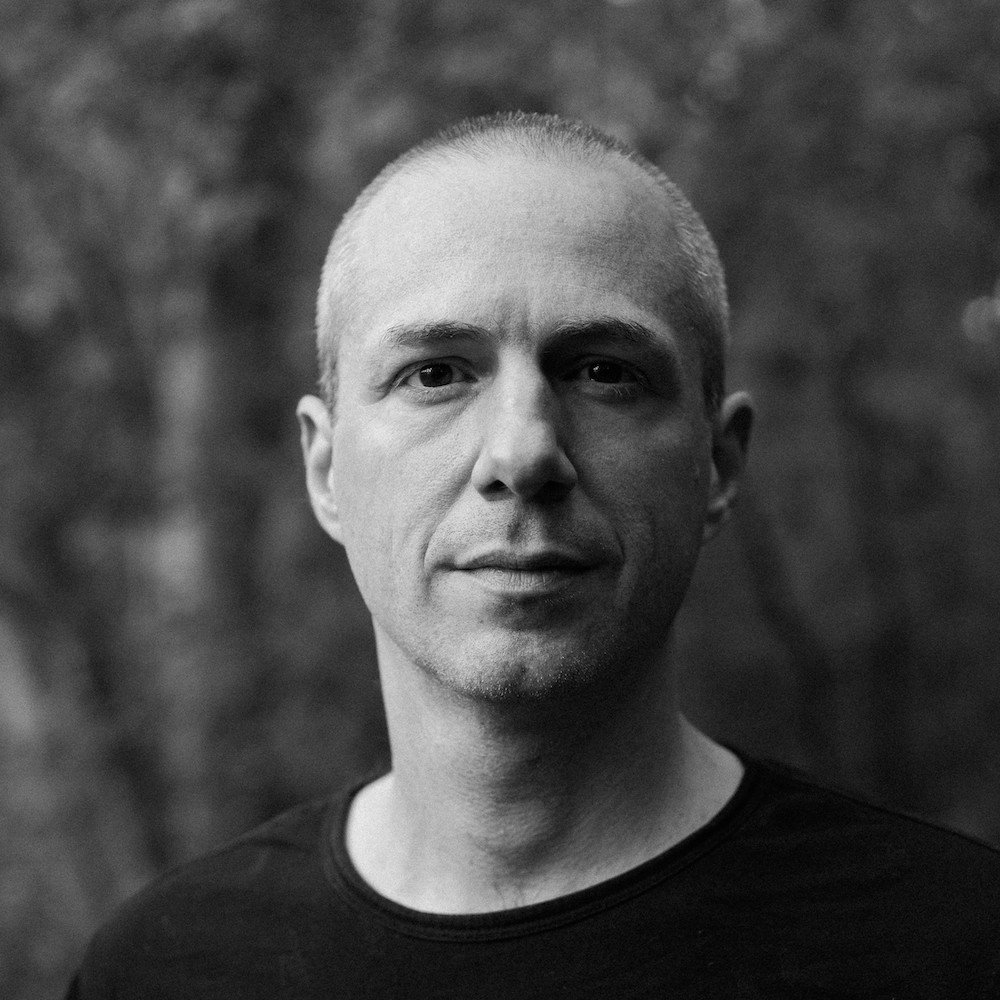
Is a composer and performer on bass guitar and electronic devices, in solo and group settings, between electroacoustic music, contemporary jazz, mixed music and improvised music. He also worked in popular music and practises creative coding. His music is available on empreintes DIGITALes.
He studied composition with Michel Tétreault, Marcelle Deschênes, and Jonty Harrison; bass guitar with Jean-Guy Larin, Sylvain Bolduc, and Michel Donato; analysis with Michel Longtin, and Stéphane Roy; studio technique with Francis Dhomont, Robert Normandeau, and Jean Piché.
Pierre Alexandre Tremblay was Professor of Composition and Improvisation at the University of Huddersfield (England, UK) from 2005 to ’24.
He likes spending time with his family, reading prose, and going on long walks. As a founding member of the no-tv collective, he does not own a working television set.
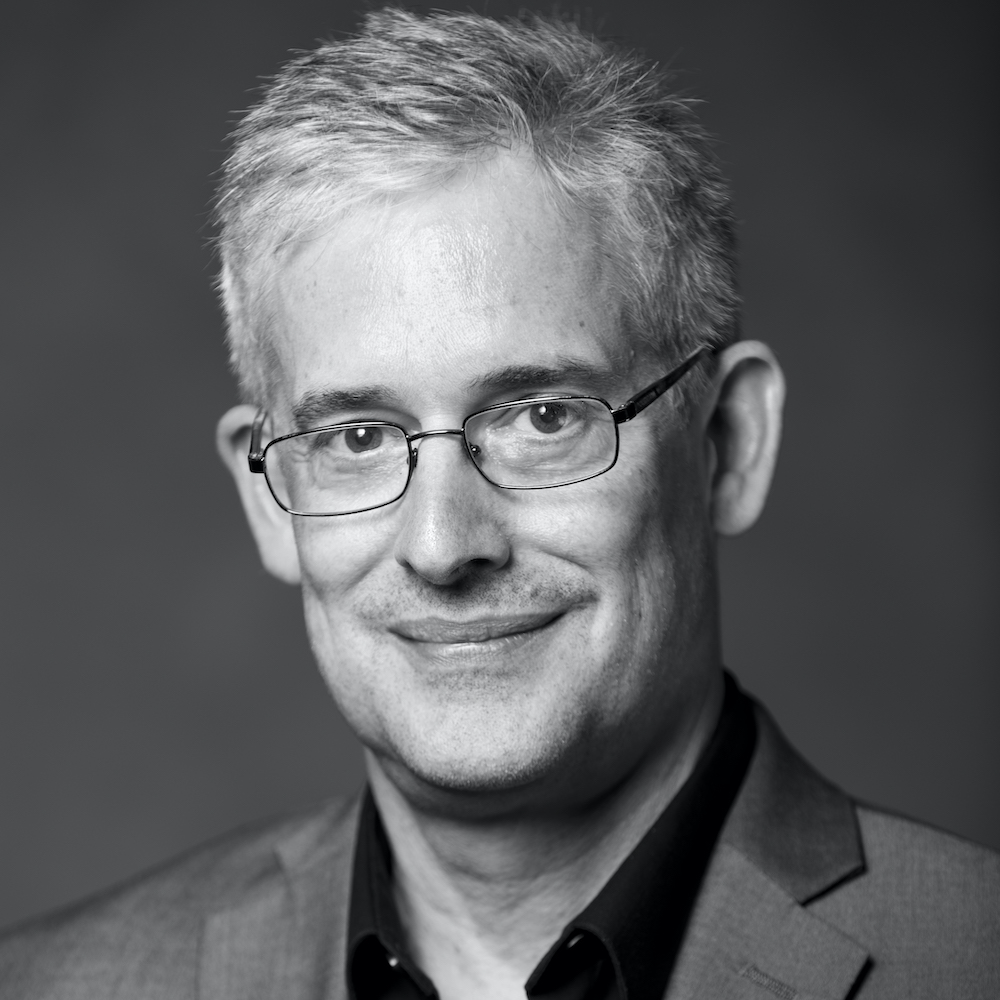
Joseph Auner (Tufts University, Boston)
Joseph Auner, Austin Fletcher Professor of Music, Tufts University. Writings on music, technology, and sound include: “Schoenberg as Sound Student: Pierrot’s Klang,” “The Stopped Clock: Tape Loops, Synthesizers, and the Transfiguration of Harmony,” “Reich on Tape: The Performance of Violin Phase,” “Weighing, Measuring, Embalming Tonality,” “Wanted Dead and Alive: Historical Performance Practice and Electro-Acoustic Music from Abbey Road to IRCAM,” and many sections in Music in the 20th– and 21st Centuries Vol. 6. Western Music in Context: A Norton History.
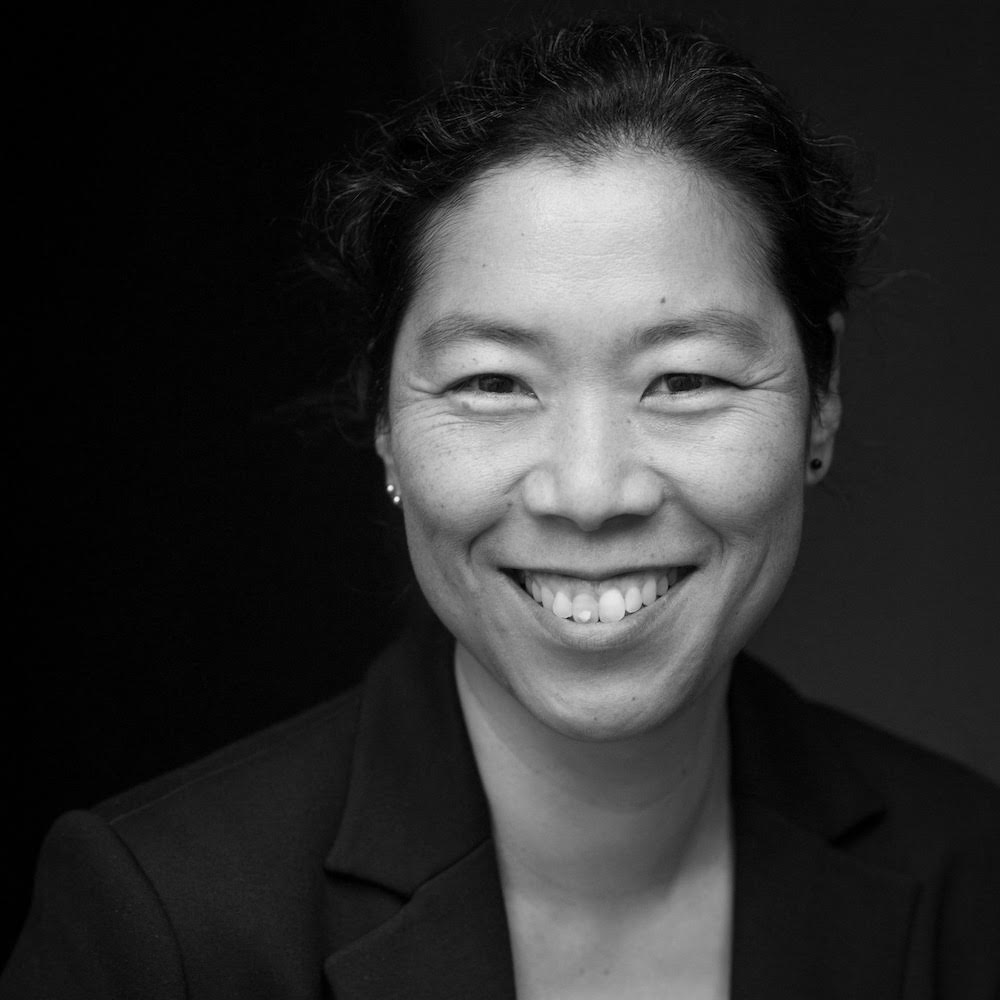
Miriam Akkermann (Freie Universität, Berlin)
Miriam Akkermann is musicologist and sound artist. She received a PhD in musicology from the Berlin University of the Arts, and completed her habilitation at Bayreuth University. Her research areas include music of the 20th and 21st century, computer music and music technology, digital musicology, musical performance practices and archiving music. A special emphasis lies on examining the intersection of music research and artistic practice. Within the framework of “Lullabyte,” the researches focus is set on the effect of music on sleep.
Since April 2024, she holds the Ernst-von-Siemens endowed professorship for new music at FU Berlin.

Pierre Couprie (Paris-Saclay University)
Pierre Couprie is a professor of musicology at the University of Paris-Saclay and a researcher at the Center for Cultural History of Contemporary Societies (CHCSC). His research focuses on the historical and analytical study of electroacoustic music, the relationship between music and technologies from the 19th to the 21st century, digital musicology, and the development of interactive tools for musical analysis (iAnalysis and EAnalysis). Part of his musicological research is the analysis of his own improvisations in a research-creation process. Since 2004, he has collaborated with the Music, Technology and Innovation – Institute for Sonic Creativity (MTI^2) at De Monfort University on referencing and analysis projects of electroacoustic music. In 2015, he was awarded the Qwartz Max Mathews Prize for technological innovation for his musical analysis software. Since the late 1990s, he has also been an improvising musician in the field of electronic music.




